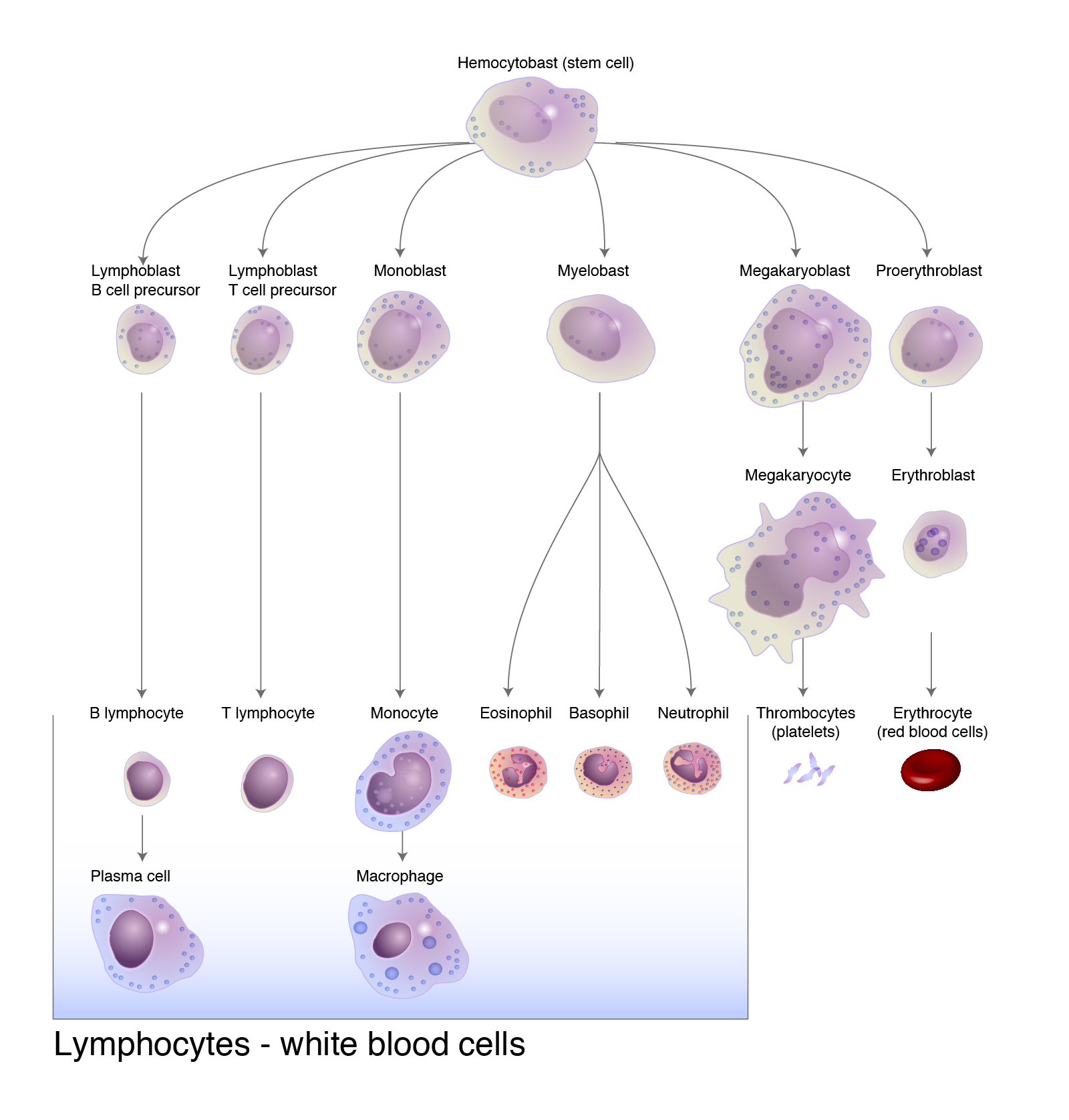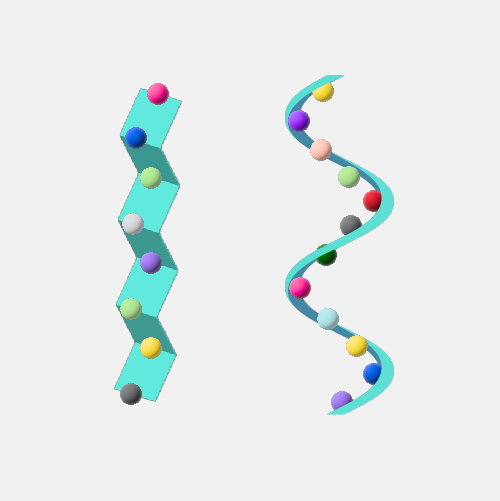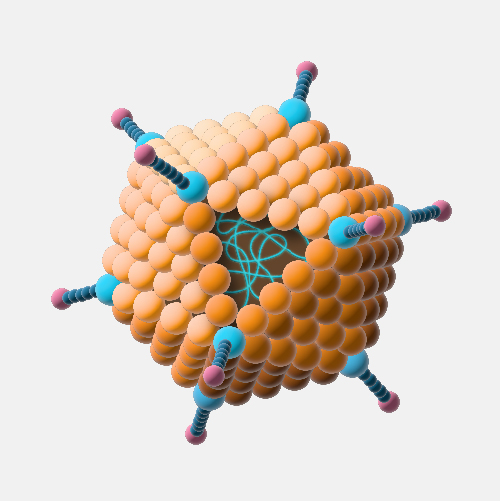Antibody
Definition
An antibody is a protein component of the immune system that circulates in the blood, recognizes foreign substances like bacteria and viruses, and neutralizes them. After exposure to a foreign substance, called an antigen, antibodies continue to circulate in the blood, providing protection against future exposures to that antigen.

Narration
Antibody is a part of the host cell's defense. It's made by a certain type of white blood cell that's called a B cell. The structure of the antibody consists of two light chains and two heavy chains, and at the very tip of the antibody is a hypervariable region, and this hypervariable region allows the antibody to make different types of antibodies that will respond to all of the antigens that will assault the body. An antigen is anything that is foreign to the human body. It can be a virus, it can be a bacteria, and in some cases your own body will appear as foreign. And so you can have in certain instances where your own body will make antibodies against parts that are part of you.




